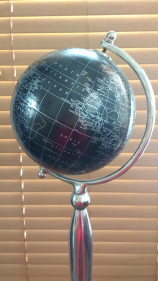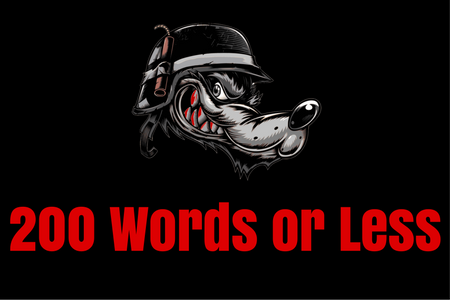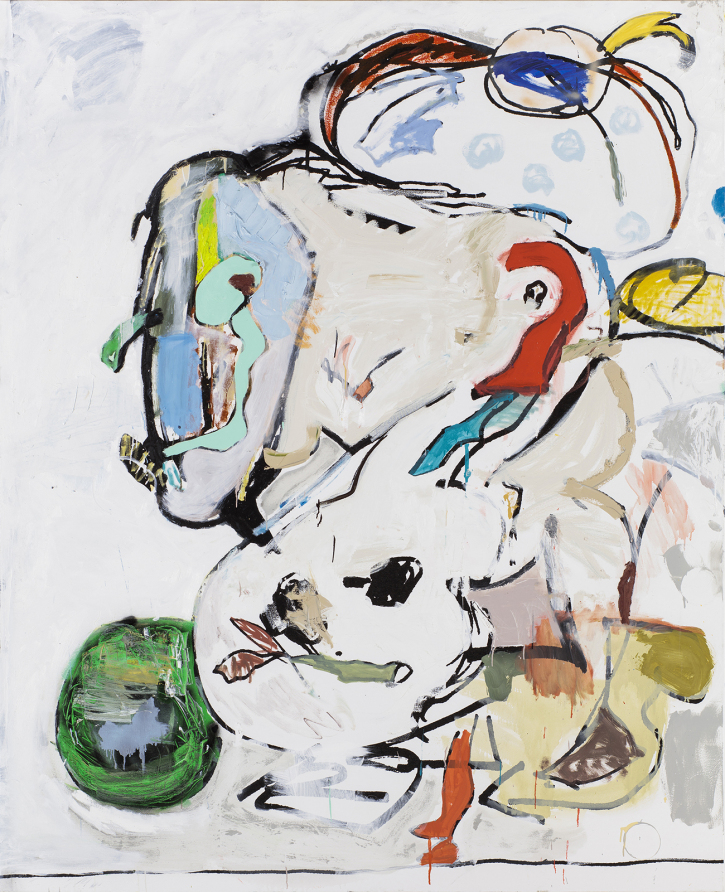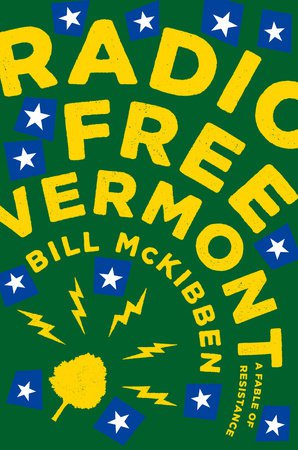
Exploration is exhausting, and discovery is demanding. Sure, serendipity happens — but more often than not, unearthing self-shaping insights requires dogged determination.
My previous post consists of the following quote by French author Andre Gide: “One does not discover new lands without consenting to lose sight of the shore for a very long time.” I’ve seen it translated from the French with two different wordings. The other version uses “courage” rather than “consent,” an intriguing difference.
I’ve often pondered the courage of the famous world explorers who placed themselves at the mercy of the seas without certainty of what they would find or of how long it would take to find it — unable to imagine myself capable of or interested in such risks. After all, one person’s courage is another’s utter lunacy.
Their eager consent to the perils of the unknown must have been driven by a conviction that the prize they sought would prove the undertaking worthwhile. That principle presents an obvious analogy to the creative process, or to any process of self-discovery.
We write to discover. A writer’s blank page is her wide open ocean.
A writer or other artist explores some inner experience in order to interpret it and then convey it openly. We hope not only to gain our own insights but also to open up trade routes with our readers and fellow writers, exchanging further treasures of realization.
The artistic endeavor is contemplation twice rewarded.
When i write, i find i often arrive (a la Columbus) somewhere other than where i’d thought i was aiming. How often has it happened to you that you set fingers to keyboard with one idea only to uncover a different and unexpected one? There’s your serendipity, by the way, your accidental bounty — but it doesn’t come without resolve and perseverance.
At times, our expeditions away from the the firmness of the shore are thrust upon us unsought, imposed on us outside of our choosing. A job loss, a dire diagnosis, a personal tragedy confronts us with a maelstrom of confusion and uncertainty. The disrupting circumstance happens outside of our control, but how we navigate through it is up to us.
When the waves are crashing over the bow, we can strive to keep our hands on the ship’s wheel or give in to the winds and be blown overboard. What keeps us holding on is the dual hope that there is land out there somewhere and that the winds will eventually die down.
Any survivor will tell you that such storms teach you more about who you are than times of tranquility do. Indeed, torrent-taught people seem to find a deeper tranquility than is otherwise accessible to the untossed.
In calmer times, when all you want is to fill that blank page with something artistic that your reader will relate to, it still takes persistence to sort the cross-currents of your mind and to resist that sinking feeling that maybe the voyage wasn’t worth it after all.
It’s all part of the swirl. Your inner Magellan — your hopeful human heart — knows better.
Share this:





